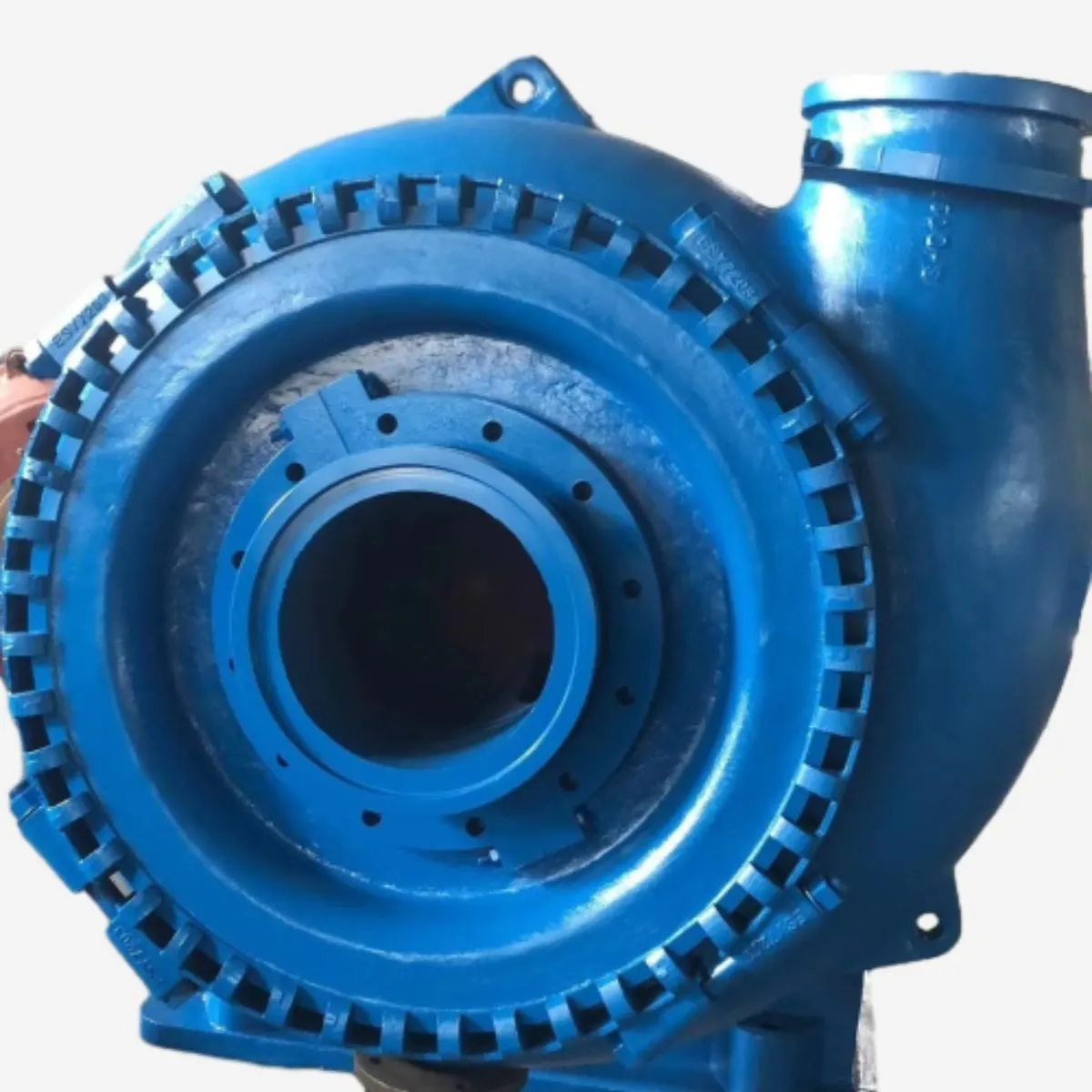English
- Afrikaans
- Albanian
- Amharic
- Arabic
- Armenian
- Azerbaijani
- Basque
- Belarusian
- Bengali
- Bosnian
- Bulgarian
- Catalan
- Cebuano
- Corsican
- Croatian
- Czech
- Danish
- Dutch
- English
- Esperanto
- Estonian
- Finnish
- French
- Frisian
- Galician
- Georgian
- German
- Greek
- Gujarati
- Haitian Creole
- hausa
- hawaiian
- Hebrew
- Hindi
- Miao
- Hungarian
- Icelandic
- igbo
- Indonesian
- irish
- Italian
- Japanese
- Javanese
- Kannada
- kazakh
- Khmer
- Rwandese
- Korean
- Kurdish
- Kyrgyz
- Lao
- Latin
- Latvian
- Lithuanian
- Luxembourgish
- Macedonian
- Malgashi
- Malay
- Malayalam
- Maltese
- Maori
- Marathi
- Mongolian
- Myanmar
- Nepali
- Norwegian
- Norwegian
- Occitan
- Pashto
- Persian
- Polish
- Portuguese
- Punjabi
- Romanian
- Russian
- Samoan
- Scottish Gaelic
- Serbian
- Sesotho
- Shona
- Sindhi
- Sinhala
- Slovak
- Slovenian
- Somali
- Spanish
- Sundanese
- Swahili
- Swedish
- Tagalog
- Tajik
- Tamil
- Tatar
- Telugu
- Thai
- Turkish
- Turkmen
- Ukrainian
- Urdu
- Uighur
- Uzbek
- Vietnamese
- Welsh
- Bantu
- Yiddish
- Yoruba
- Zulu
Telephone: +86 13120555503
Email: frank@cypump.com
Nov . 22, 2024 20:42 Back to list
effluent pumps
Effluent Pumps An Essential Component for Waste Management
Effluent pumps play a crucial role in the effective management of wastewater, particularly in residential, commercial, and industrial settings. They are specifically designed to transport gray water and wastewater away from septic systems, treatment facilities, or collection points, enabling a more efficient and environmentally friendly waste management process.
The primary function of effluent pumps is to move liquid waste that may contain solids or debris within specific size limitations. Unlike standard sump pumps, which are used to remove clean water from basements or flooded areas, effluent pumps are built to handle the more challenging task of pumping semi-treated wastewater. This makes them indispensable for systems that require the disposal of effluent to leaching fields, sewer systems, or holding tanks.
One of the key advantages of using effluent pumps is their ability to operate quietly and efficiently. Advanced models are equipped with automatic switches that allow them to activate only when needed, preventing unnecessary energy consumption. Furthermore, many units come with durable, corrosion-resistant materials that ensure longevity and reliability, even in harsh environments. These features contribute to reduced operational costs and minimal maintenance requirements.
effluent pumps

When selecting an effluent pump, several factors should be considered to ensure optimal performance. The first consideration is the pump's horsepower, which determines its capacity to handle different volumes of waste. The installation site's elevation and the distance the effluent must travel are also critical, as they impact the pump's efficiency and the type of pump needed. Additionally, the size and type of solids the pump can handle are vital; typically, effluent pumps can manage solids up to 2 inches in diameter.
The importance of effluent pumps extends beyond mere convenience; they play a significant role in protecting public health and the environment. Properly functioning pumps help prevent sewage backups and overflows, which can lead to hazardous contamination of groundwater and local water bodies. By efficiently transporting wastewater to treatment facilities, effluent pumps help ensure that harmful pollutants are processed correctly before being released back into the ecosystem.
Moreover, advances in technology have led to the development of smart effluent pumps that can be monitored remotely. These pumps can alert homeowners or facility managers to any issues or maintenance needs, further enhancing their reliability and operational efficiency.
In conclusion, effluent pumps are a vital component in the arena of waste management, providing a reliable and efficient means of transporting wastewater. With their unique capabilities, modern advancements, and critical role in environmental protection, understanding and investing in the right effluent pump can have lasting benefits for households and businesses alike. As society continues to prioritize sustainable practices, the significance of these pumps will undoubtedly increase, ensuring that our waste management systems remain effective and responsible.
-
ISG Series Vertical Pipeline Pump - Chi Yuan Pumps Co., LTD.|Advanced Hydraulic Design&Energy-Efficient Solutions
NewsJul.30,2025
-
ISG Series Vertical Pipeline Pump - Chi Yuan Pumps Co., LTD.
NewsJul.30,2025
-
ISG Series Vertical Pipeline Pump - Chi Yuan Pumps Co., LTD.|energy-efficient fluid handling&industrial durability
NewsJul.30,2025
-
ISG Series Vertical Pipeline Pump - Chi Yuan Pumps | Advanced Engineering&Industrial Efficiency
NewsJul.30,2025
-
ISG Series Pipeline Pump - Chi Yuan Pumps | High Efficiency, Energy Saving
NewsJul.30,2025
-
ISG Series Vertical Pipeline Pump-Chi Yuan Pumps|High Efficiency&Reliable Performance
NewsJul.29,2025










